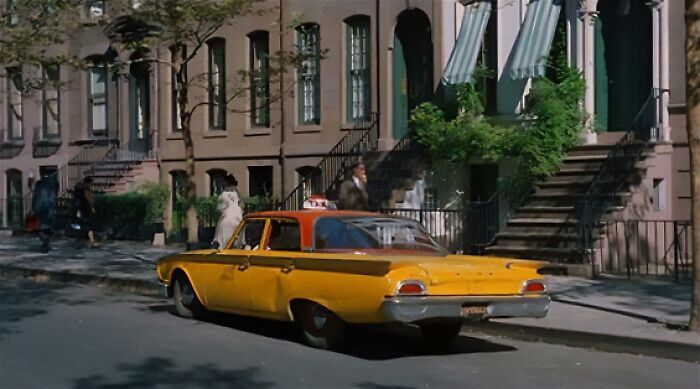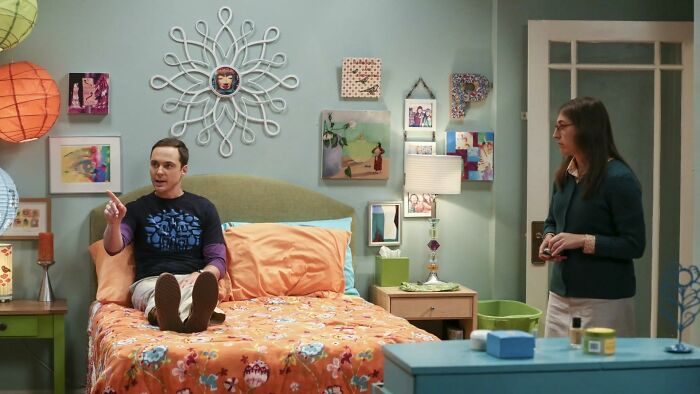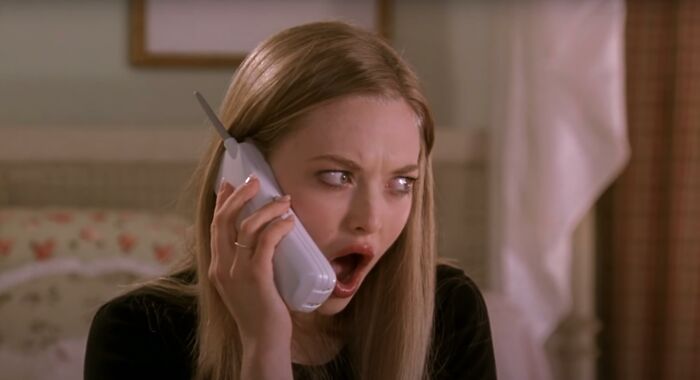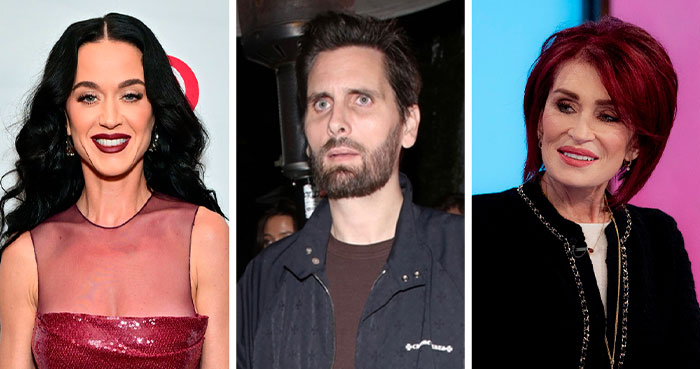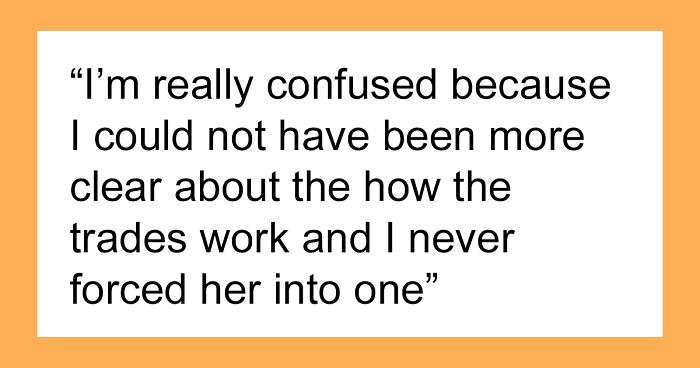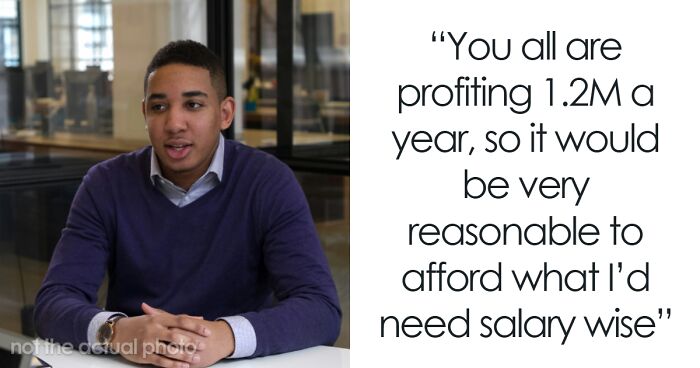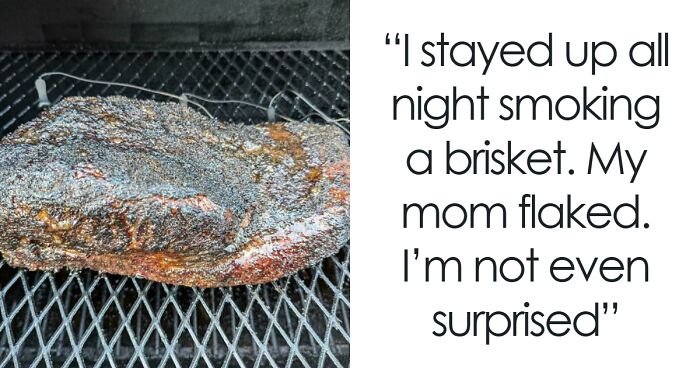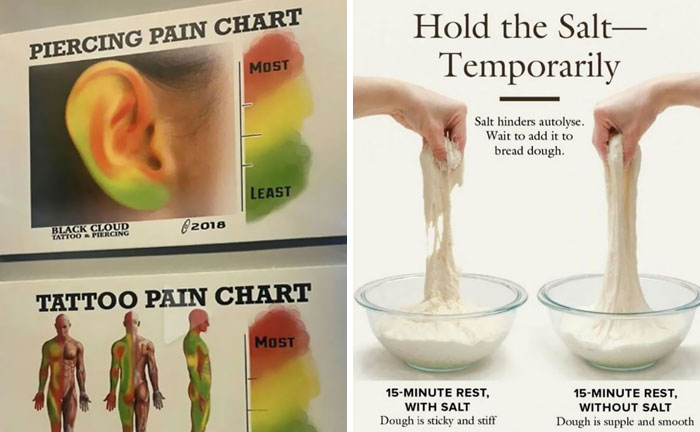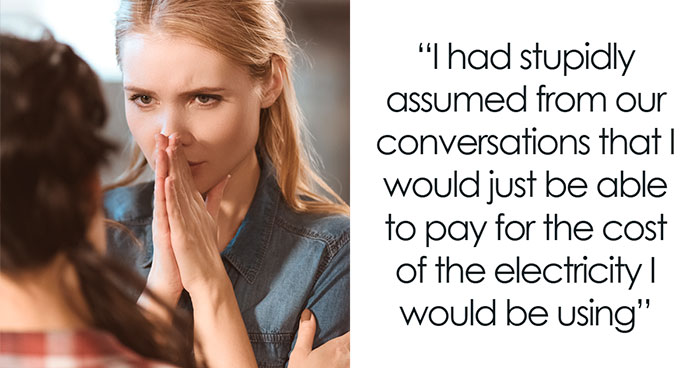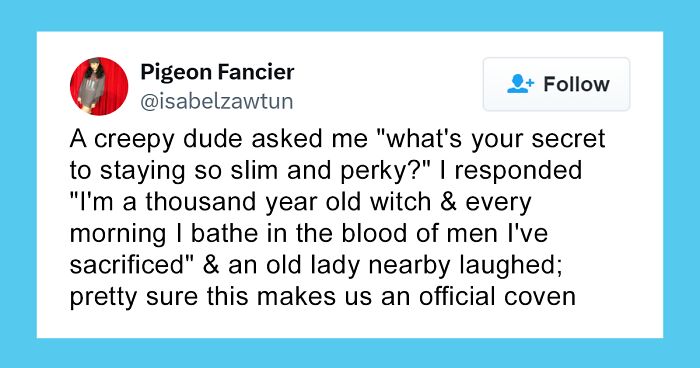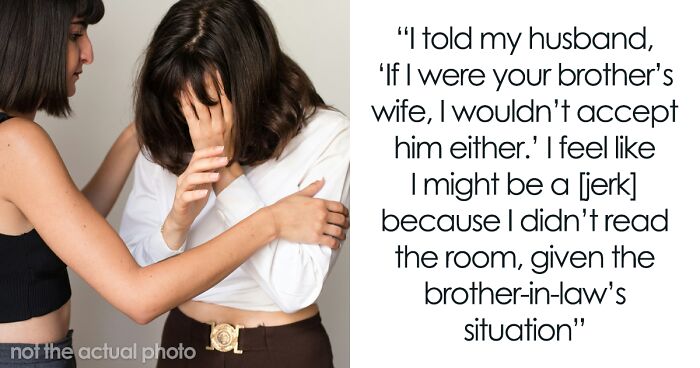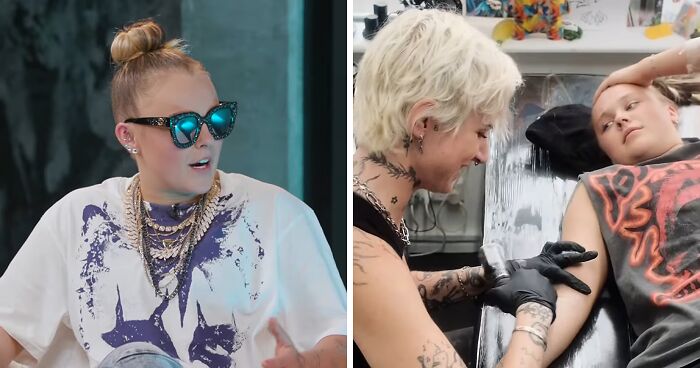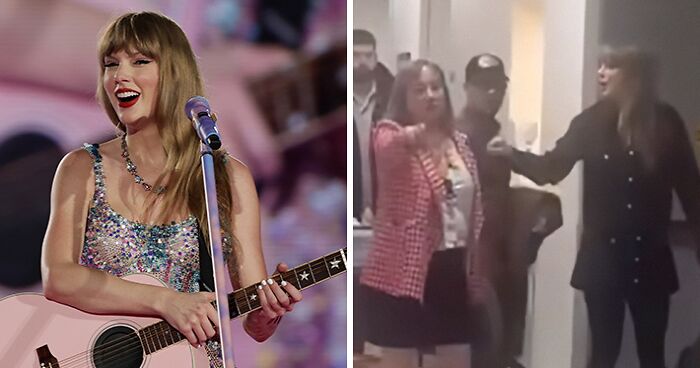
People Answer What Movies Get Wrong About America And Here’s 35 Of Their Spot-On Observations
Have you ever heard someone compare something to a movie? As if whatever was happening was too good to be true? Well, that’s because the reality on screen is not always an accurate representation of real life.
Take something as mundane as making breakfast. You’ve probably seen at least one movie—or an episode from a TV series—where a parent makes enough food to feed a family of six and members of the household barely touch anything before heading out the door. In real life, the parent would probably stop them dead in their tracks or make a fuss about spending all this time in the kitchen for nothing.
This, and many similar scenarios were discussed by members of the ‘No Stupid Questions’ subreddit when one of them asked fellow redditors about American things that are not that common but are often shown in Hollywood movies or TV shows. If you’re curious about what other misrepresentations netizens have spotted, scroll down to find their answers on the list below and feel free to upvote those you agree with the most.
Below you will also find Bored Panda’s interview with a professor of history at the University of Waterloo, expert in modern U.S. cultural and social history as well as the history of American popular culture, including film, Dr. Andrew Hunt, who was kind enough to share his insight on how reality is depicted in film.
This post may include affiliate links.
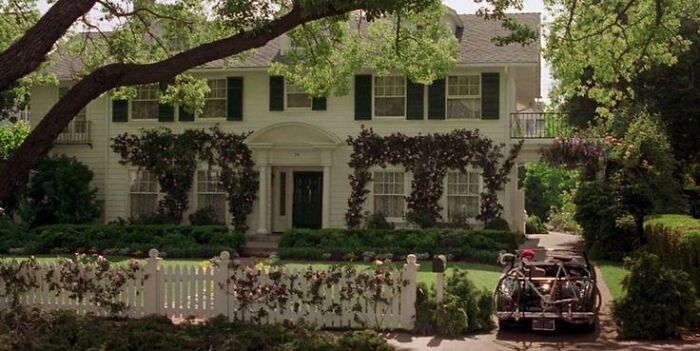 I think most Americans are much, much poorer than we are portrayed to be on TV.
I think most Americans are much, much poorer than we are portrayed to be on TV.
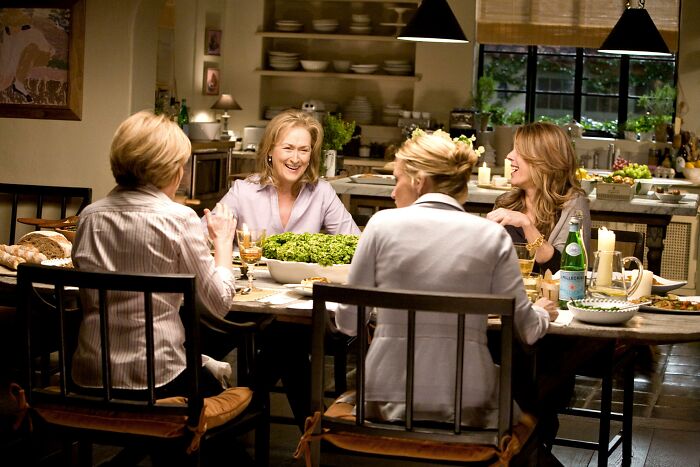 The houses and apartments shown do not represent the living conditions of most folks.
The houses and apartments shown do not represent the living conditions of most folks.
Yes. Those really cheap loft apartments with enough room for a sculpture studio....
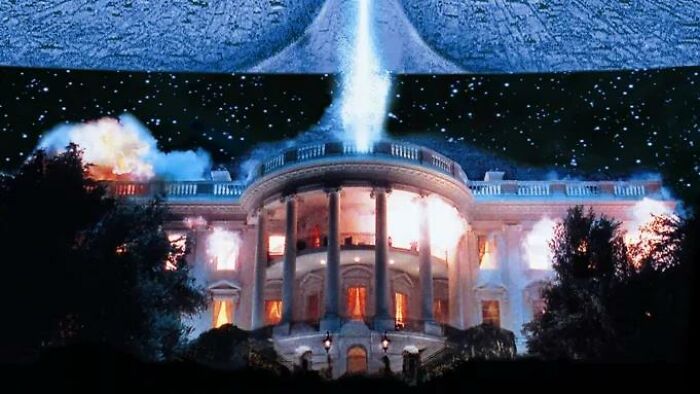 Aliens blowing up the white House. It happens all the time in movies, but rarely happens irl.
Aliens blowing up the white House. It happens all the time in movies, but rarely happens irl.
Discussing what determines the extent to which the movie represents reality correctly, Dr. Andrew Hunt noted that that’s a complicated issue. “There are films that claim to be ‘based on a true story,’ but do not represent real situations or history very effectively. Conversely, there are films that are entirely fictional that accurately reflect real historical events, such as John Ford’s The Grapes of Wrath from 1940.
“Films that convey verisimilitude effectively often do so because of the vision of the director and the screenwriter, who use their knowledge of events to recreate realities in compelling ways,” he told Bored Panda in a recent interview.
 Moms making huge breakfasts and no one eats.
Moms making huge breakfasts and no one eats.
They grab a slice of toast and gulp half a glass of juice. The sheer food waste is sickening.
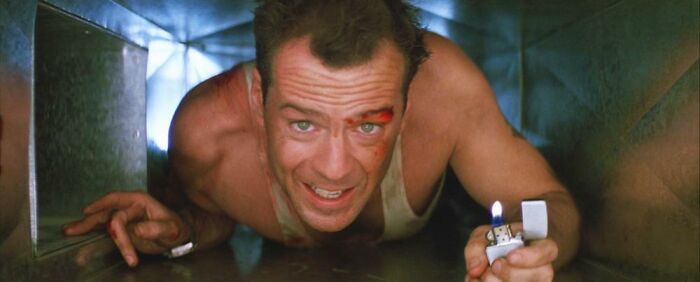 We can’t traverses buildings through duct work. Just ain’t gonna happen.
We can’t traverses buildings through duct work. Just ain’t gonna happen.
Prof. Hunt suggested that different types of movies feature different levels to which reality is depicted accurately. “Some movies, such as comic book superhero films, offer escapism to viewers who want to leave behind the realities of life when they enter a darkened movie theater.
“Other films, such as the acclaimed American Fiction from 2023 or She Said from 2022, to name a couple examples, do an outstanding job of portraying contemporary American life,” he added.
“Films with realistic depictions of life in the United States do not always fare as well at the box office as escapist blockbusters. Still, some very accurate historical dramas can attract big audiences. The commercial success of Oppenheimer in 2023 shows that a very intelligent film that closely follows actual historical events can do well among moviegoers, which is a reason to be hopeful. The continued success of documentaries on streaming platforms like Netflix is also incredibly encouraging.”
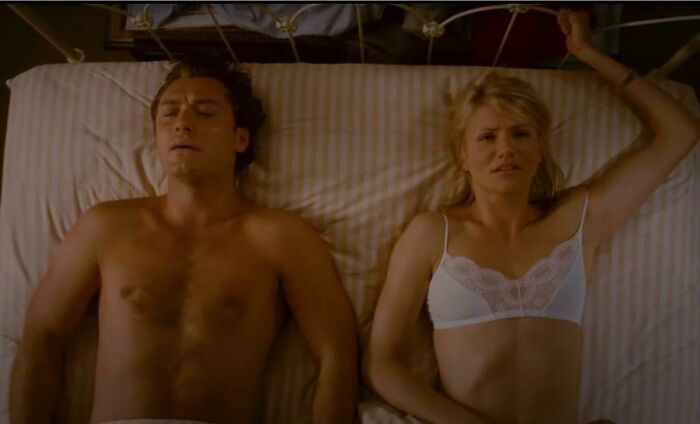 Women having sex while wearing a bra the whole time. Thats the first or second thing I take off of her.
Women having sex while wearing a bra the whole time. Thats the first or second thing I take off of her.
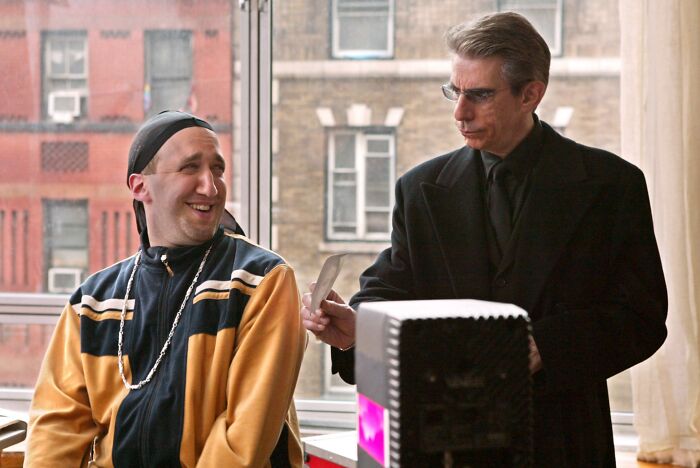 On Law and Order, when the police come and people keep doing their drone jobs. Sorry, but the most exciting thing in my day is a visit by the police, so I’m stopping everything, offering coffee, asking lots of questions, and ratting out my neighbors on unrelated things!
On Law and Order, when the police come and people keep doing their drone jobs. Sorry, but the most exciting thing in my day is a visit by the police, so I’m stopping everything, offering coffee, asking lots of questions, and ratting out my neighbors on unrelated things!
“As for what is misrepresented, oftentimes issues such as poverty, racism, and sexism are either not explored or examined in superficial ways in movies that attempt to be realistic,” the expert continued. “This is why movies that depict these themes effectively by weaving them seamlessly into the storyline are especially important and compelling.”
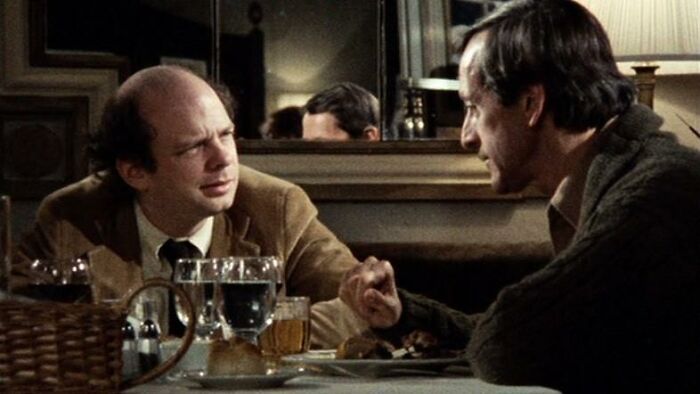 Nobody ever has to ask someone to repeat themselves in a movie.
Nobody ever has to ask someone to repeat themselves in a movie.
I probably say "what?" about 60 times a day.
I say what pretty much every time someone talks to me, and I find it very hard to hear the dialogue in movies.
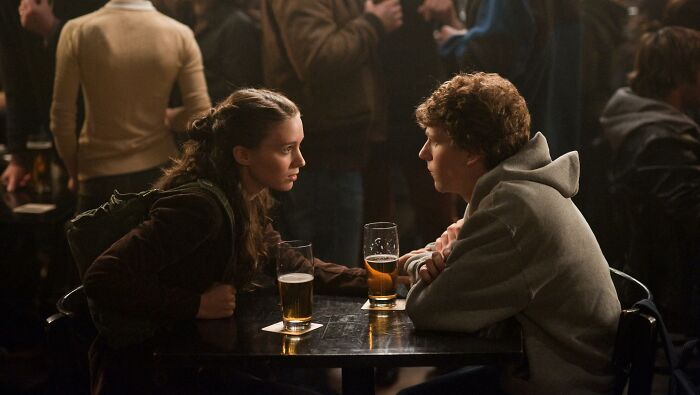 Being able to talk and have a conversation in a loud bar with music playing.
Being able to talk and have a conversation in a loud bar with music playing.
Someone coming home with groceries that are in a brown paper bag with a loaf of French bread and a bouquet of flowers sticking out of the top of the bag.
Dr. Andrew Hunt revealed that the biggest challenges filmmakers face in trying to depict real life accurately usually relate to budget constraints. “This is especially true in films about earlier historical events; the movie Judas and the Black Messiah from 2021, an outstanding biopic about radical Black Panther activist Fred Hampton who was murdered by the Chicago police in 1969, is a perfect example.
“The director of the film, Shaka King, faced the daunting task of recreating the poor neighborhoods of Chicago from 1969, but he only had a $26 million budget to do so. That may sound like a lot of money, but it gets used up quickly on a variety of things, from the actors to the crew to the catering. So King had to utilize a lot of filmmaking tricks to present a depiction of Chicago from 1969 that seemed accurate to viewers. The movie, in my opinion, succeeded admirably in showing real life at that moment in history, despite its limited budget.”
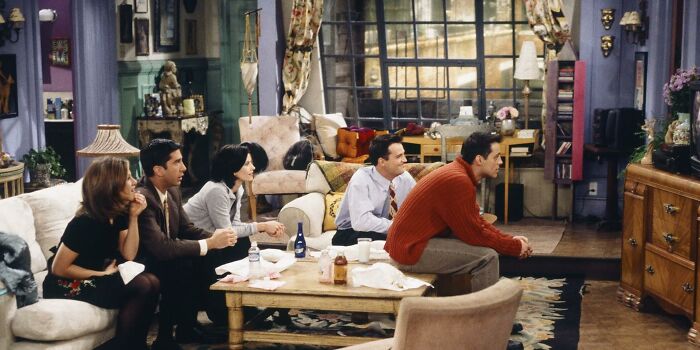 The unexplained ability of characters being able to afford houses or apartment way out of their league.
The unexplained ability of characters being able to afford houses or apartment way out of their league.
Let's face it, movies and TV are imagination, fantasy and wishes.
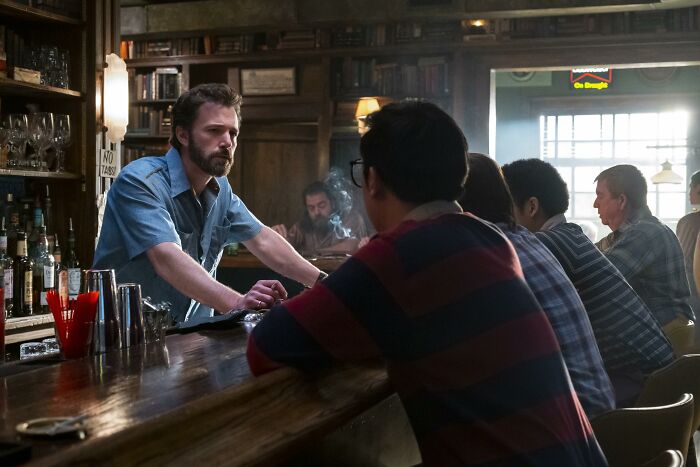 People in a bar ordering a “beer”. In real life, the server would be likely exasperated and ask about brand/kind and quantity.
People in a bar ordering a “beer”. In real life, the server would be likely exasperated and ask about brand/kind and quantity.
According to Dr. Hunt, films that are historically accurate are vital to our understanding of the past. “Movies—more than books or history classes—reach the largest number of people, and they teach viewers about real-life situations in the present and the past. Filmmakers who try to remain faithful to real-life situations are performing a vital function in society by showing that accuracy matters, and that reality can be captured on film if the movie is well made.
“Showing audiences real-life situations can educate the viewer, and deepen their empathy with other people who might be living dramatically different experiences than the moviegoer,” he added. “There is immense power in cinema.”
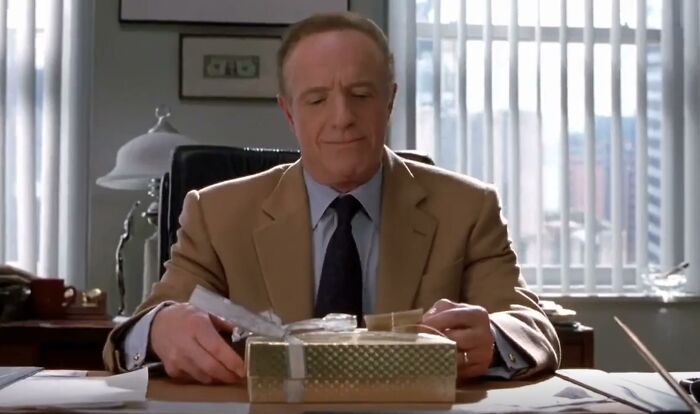 Presents where the box lid is wrapped separately from the rest of the box.
Presents where the box lid is wrapped separately from the rest of the box.
Every attic does not have a mannequin, giant mirror and old bird cage.
On the flip side, not all homes have basements. Here on the Gulf if Mexico, we're actually below sea level in a lot of places. Remember what happened to New Orleans, the flooding after the hurricane that practically wiped out the city? Certain areas in Houston flood in heavy rains - hurricanes mean 6 to 8 feet of water in those areas, freeway underpasses,, the tunnel in downtown. All because we're below sea level & the water has no where to go. Yet I regularly see basements in homes set in coastal areas. 🙄
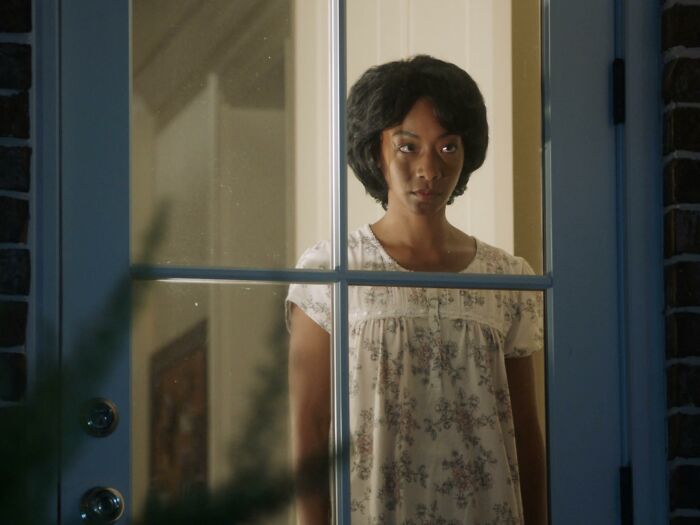 I notice that on TV no one has screens on their windows. Where I live the bugs would carry you away.
I notice that on TV no one has screens on their windows. Where I live the bugs would carry you away.
I don' think that's true. American movies were the first time I saw those, we didn't have screens on doors and windows where I grew up
 Leaving a bunch of beer bottles or shot glasses on the bar so we know that they're drunk. In real life, the bartenders take away the emptys.
Leaving a bunch of beer bottles or shot glasses on the bar so we know that they're drunk. In real life, the bartenders take away the emptys.
D'uh!! How else woulöd we know that the protagonist is drunk in that scene? :-)
Inclusivity and diversity.
Not every group of friends or employers are made up of the perfect mix of LGBT, male/female, mixed races. Most groups are very much made up of similar people.
This is kind of the opposite. In media set in the US people always seem to live in small towns, with town squares and historic homes, or big cities, with tall buildings and condos. The reality is that much of America is a copy-pasted suburb that has some chain restaurants, big box stores, Walmart, Target, Home Depot, and 2-3 chain grocery stores. There’s some regional differences and likely a few local shops renting space in the same plaza as the chain stores.
That’s not every city, but if you pick a US city at random, that’s most likely what you’ll see on Google maps.
Level of attractiveness is an obvious one.
One thing I live about British television is that the actors look more like someone you might actually pass on the street.
And do other countries have teens in media who are obviously adults? Like not even passing for actual teens.
I recently watched that new Nightmare On Elm street from some years ago and there was this blond grown a*s woman who looked like she had a starter mortgage and car payments playing a teenager. Like why is this junior sale rep for a pharmaceutical company playing someone 16?
I know this is dated, but there’s no way Al Bundy could afford a big house in a nice Chicago suburb and support a wife and two kids just selling shoes at the mall, even at that time.
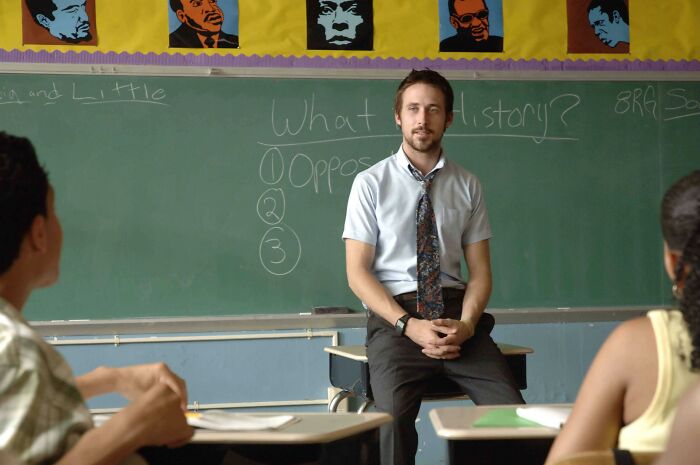 Classes last longer than for the teacher to say something pithy, ask someone a question, and then hear the bell ring.
Classes last longer than for the teacher to say something pithy, ask someone a question, and then hear the bell ring.
School busses don't honk for your lollygagging a*s. If the bus stop is empty they keep driving.
All the students just leaving while the teacher tells them an assignment and then finds themselves defeated. I had teachers refuse us to leave before they were finished with the lesson and giving us homework.
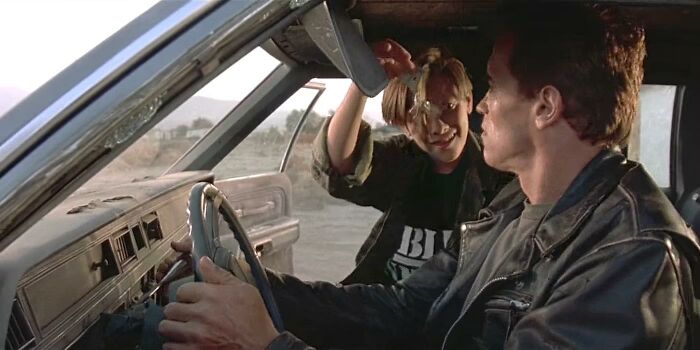 No one keeps their car keys in the sun visor, yet in movies that’s the first place everyone looks.
No one keeps their car keys in the sun visor, yet in movies that’s the first place everyone looks.
 When growing up our Norwegian exchange student asked us where our swimming pool was. Apparently he said everyone in America has one. I wish!
When growing up our Norwegian exchange student asked us where our swimming pool was. Apparently he said everyone in America has one. I wish!
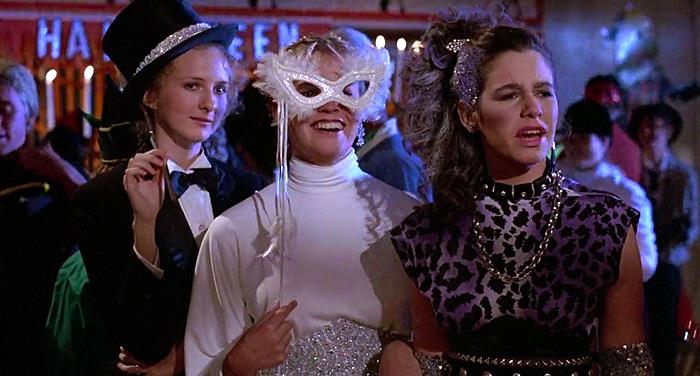 Halloween party costumes are much more elaborate on TV compared to real life.
Halloween party costumes are much more elaborate on TV compared to real life.
You've never gone to a costume party with cosplayers. They make TV costume parties look lame.
Mean rednecks.
Don’t get me wrong, there are some, but if you watch a Hollywood movie you get the idea that traveling into a rural area is like entering a post apocalyptic wasteland where mutant cannibals are lurking to spring on you.
I’ve lived in Appalachia for my entire life and nobody’s ever made me squeal like a pig or anything. Rural parts of the USA are actually really safe in terms of crime and that sort of thing. .
A breakfast spread covering a 14 seat dining table and someone in a rush runs down stairs, grabs and apple; kisses someone, then heads out of the door because they’re running late.
When I was working in China, my colleague couldn’t believe that I had never seen someone shot and killed by a gun. Her response was, “but the movies show it happening all the time.”.
My wife is Chinese, she was very disappointed to find that British people don't all live in quaint little cottages (a la 'The Holiday').
High schoolers living exciting edgy high drama adult lives.
Very few 16 year olds are getting drunk and hooking up every weekend. That's a freshman year of college thing.
In real life predominantly black neighborhoods don't have hip hop music playing faintly in the background to let you know you're in "the hood".
In every city I lived the last 30 years booming bass from car stereos was the norm in the hood, as well as at every stoplight.
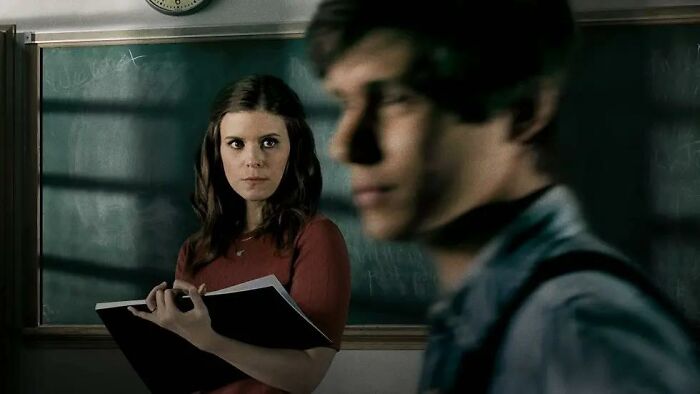 At schools, teachers give assignments like normal people and don't shout it at the class as they're departing after the bell rings.
At schools, teachers give assignments like normal people and don't shout it at the class as they're departing after the bell rings.
Fruit stands that speeding cars crash in to.
I feel like BoredPanda posts something stereotyping the United States when it has officially exhausted all of its "Am I an A-hole for stealing my girlfriend's ham sandwich?" or " Angry man sad that wife won't let him dress up as Mario for wedding day" type of posts.
Most of these aren't even specific to America, just to movies and TV. Also they posted something similar last week. Getting lazier.
Load More Replies...I'm not sure about what's the point here? Movies are not real depictions of life and reality. What a revelation. I think movies would become pretty boring if everything was exactly as it is in our world. Imagine the dashing Inspector McCool trying to find a parking space for 20 minutes in Downtown NYC.
You might be surprised at the number of people coming from poorer countries (as tourists or immigrants) that see movies and expect all of the USA to be like the Hollywood portrayal.
Load More Replies...One thing that drives me insane that wasn't mentioned is when 2 or more characters get into a disagreement or a conversation and then get into the car. Next shot shows them arriving at their destination, getting out of the car to continue the disagreement/conversation. Like they drove the entire time in silence and couldn't speak until they opened their car doors.
It's more likely they'll show the conversation continue in the car and the driver spends all of their time making eye contact with the passenger instead of watching the road
Load More Replies...I feel like BoredPanda posts something stereotyping the United States when it has officially exhausted all of its "Am I an A-hole for stealing my girlfriend's ham sandwich?" or " Angry man sad that wife won't let him dress up as Mario for wedding day" type of posts.
Most of these aren't even specific to America, just to movies and TV. Also they posted something similar last week. Getting lazier.
Load More Replies...I'm not sure about what's the point here? Movies are not real depictions of life and reality. What a revelation. I think movies would become pretty boring if everything was exactly as it is in our world. Imagine the dashing Inspector McCool trying to find a parking space for 20 minutes in Downtown NYC.
You might be surprised at the number of people coming from poorer countries (as tourists or immigrants) that see movies and expect all of the USA to be like the Hollywood portrayal.
Load More Replies...One thing that drives me insane that wasn't mentioned is when 2 or more characters get into a disagreement or a conversation and then get into the car. Next shot shows them arriving at their destination, getting out of the car to continue the disagreement/conversation. Like they drove the entire time in silence and couldn't speak until they opened their car doors.
It's more likely they'll show the conversation continue in the car and the driver spends all of their time making eye contact with the passenger instead of watching the road
Load More Replies...
 Dark Mode
Dark Mode 

 No fees, cancel anytime
No fees, cancel anytime 



